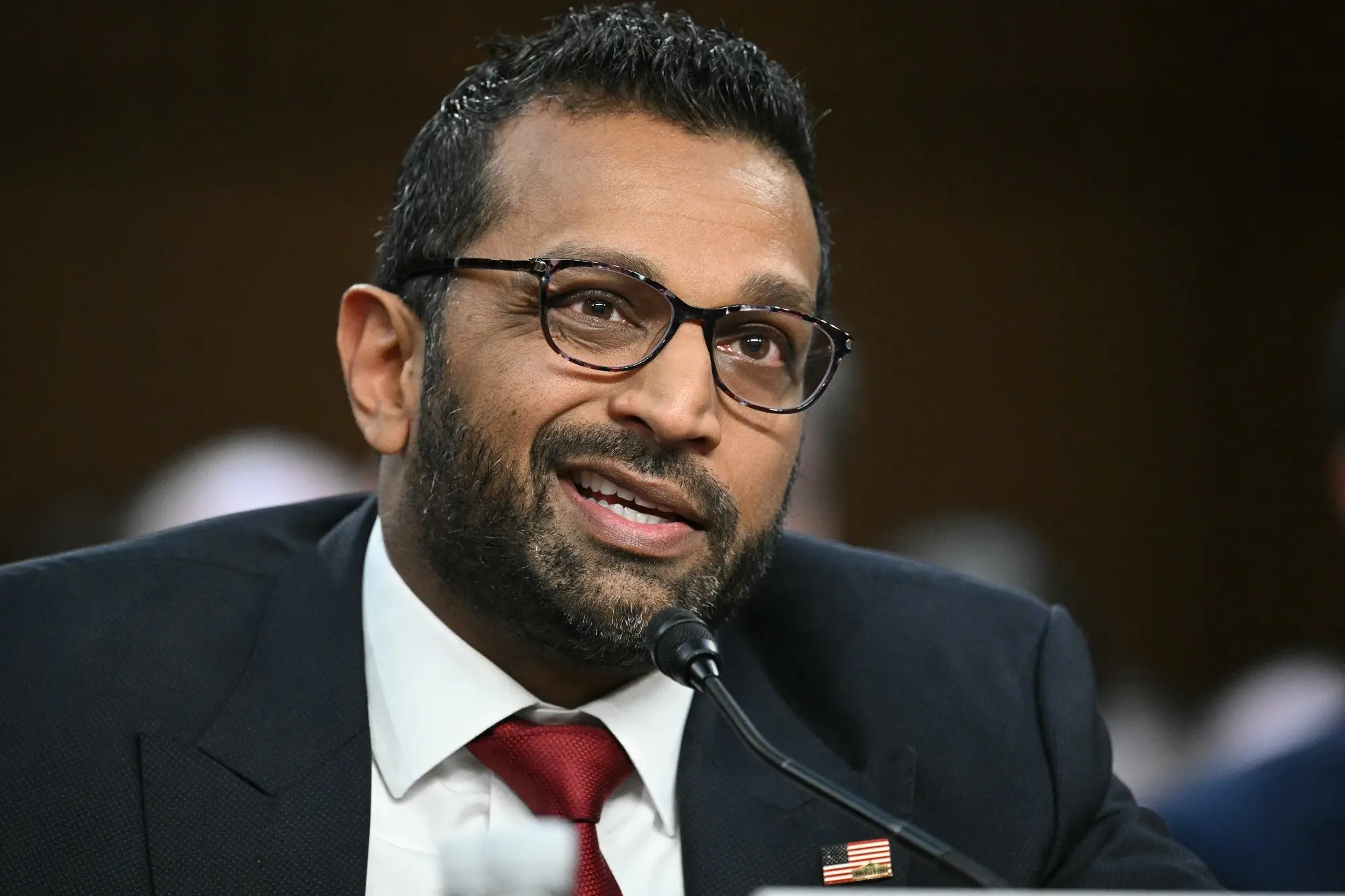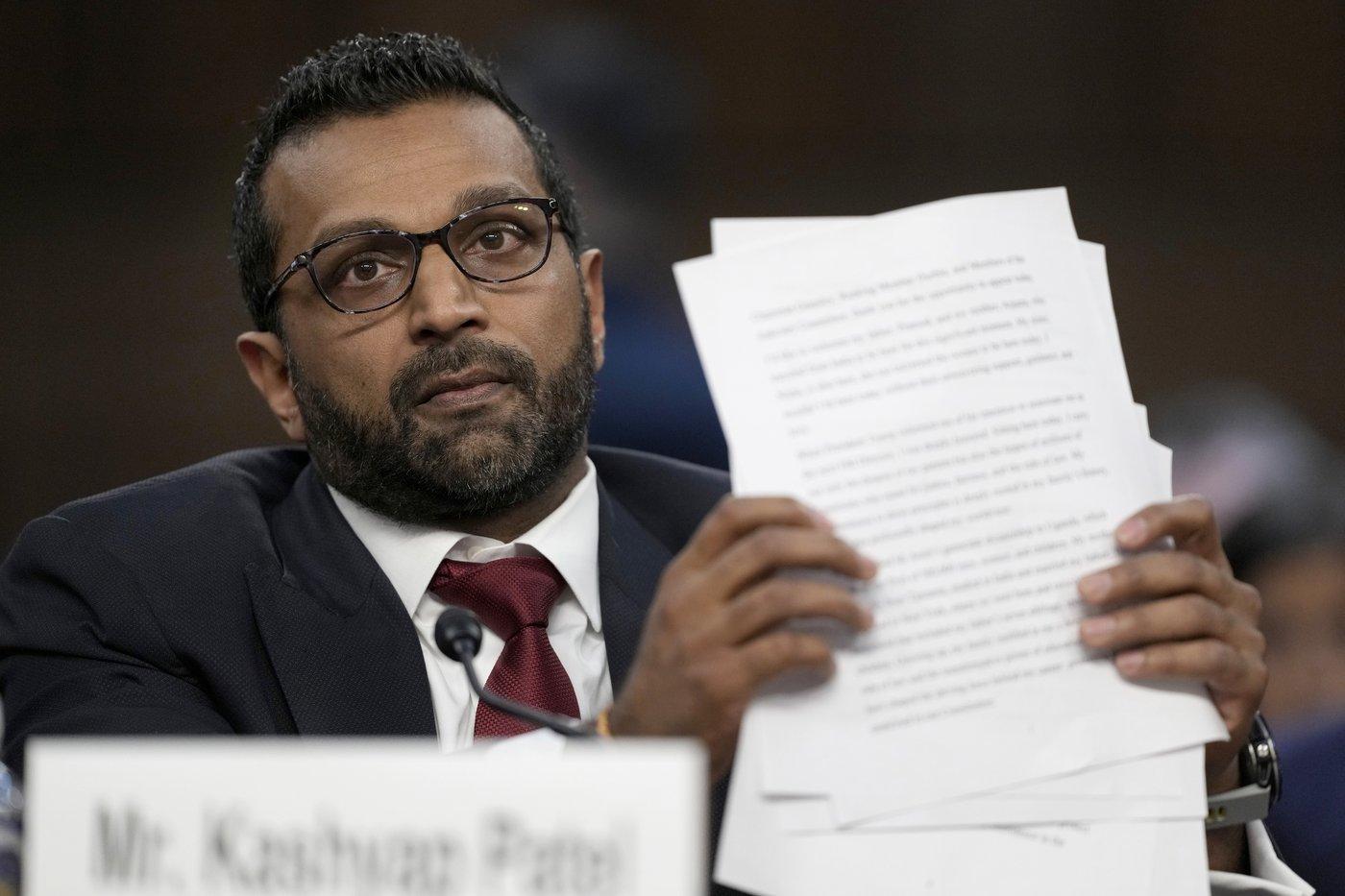A seismic scandal has rocked the U.S. healthcare system, with allegations that $2.7 trillion from Medicare and Medicaid has been illicitly funneled overseas to ineligible recipients. This staggering figure, representing a significant portion of federal healthcare funds, has sparked outrage and ignited debates about systemic vulnerabilities. The claims, amplified by figures like Elon Musk and conservative media, have thrust the issue into the spotlight, with questions swirling about the truth behind this massive financial trail. Is Kash Patel, the newly appointed FBI Director with a reputation for tenacity, the right person to unravel this complex web of alleged fraud? The public demands answers, and the stakes couldn’t be higher.

The controversy stems from reports by the Government Accountability Office (GAO), which estimated that since 2003, federal agencies, including Medicare and Medicaid, have made $2.7 trillion in improper payments. These payments, defined as funds that should not have been disbursed or were paid in incorrect amounts, encompass a range of issues from administrative errors to outright fraud. Social media posts on X, including from prominent accounts, have fueled speculation by claiming these funds were sent overseas to ineligible recipients, describing it as “the biggest fraud operation in human history.” However, the GAO reports do not explicitly confirm that the entire sum was funneled abroad, nor do they attribute the discovery to the Department of Government Efficiency (DOGE) subcommittee, as some social media narratives suggest.

The Department of Justice’s 2025 National Health Care Fraud Takedown offers a glimpse into the scale of the problem. Described as the largest in history, it charged 324 defendants, including 96 medical professionals, with over $14.6 billion in fraudulent claims. A notable case, dubbed Operation Gold Rush, targeted a transnational criminal organization allegedly submitting $10.6 billion in fake Medicare claims for durable medical equipment. Using stolen identities and foreign straw owners, the group reportedly laundered proceeds through U.S. and overseas accounts, with authorities seizing $245 million in assets. Another scheme in Arizona saw a Pakistan-based defendant, Farrukh Ali, allegedly orchestrate a $650 million Medicaid fraud, exploiting vulnerable Native American and homeless populations with substandard or nonexistent addiction treatment services.
These cases highlight the sophisticated tactics of international fraud rings, which exploit Medicare’s billing system through shell companies and kickbacks. The Centers for Medicare and Medicaid Services (CMS) prevented $4 billion in fraudulent payments, but nearly $900 million still reached perpetrators via supplemental insurers. The involvement of transnational networks, including operatives in Russia and Pakistan, underscores the global nature of the threat. Dr. Mehmet Oz, CMS Administrator, emphasized that these are not small-time scams but organized syndicates targeting America’s healthcare system.
Enter Kash Patel, whose appointment as FBI Director has sparked polarized reactions. A former prosecutor and Trump ally, Patel has a history of tackling high-profile cases, including counterterrorism work and the controversial Nunes memo. His supporters argue his aggressive approach makes him ideal to lead an investigation into this alleged fraud, citing his commitment to rooting out corruption. Critics, however, question his impartiality, pointing to his ties to QAnon and promotion of conspiracy theories, such as those surrounding COVID-19 vaccines. His involvement in the ReAwaken America Tour and endorsement of QAnon rhetoric raise concerns about politicization.
The $2.7 trillion figure, while staggering, requires scrutiny. The GAO’s estimate spans two decades and multiple federal programs, not just Medicare and Medicaid, and includes errors beyond fraud. Claims of overseas transfers lack concrete evidence in public reports, suggesting a need for cautious interpretation. Patel’s potential role in any investigation would demand transparency to avoid perceptions of partisan bias. As the nation grapples with this alleged financial betrayal, the truth remains elusive, buried in a maze of bureaucracy and criminal ingenuity. Only a thorough, unbiased probe can illuminate the secrets behind this explosive drama, restoring trust in a system meant to serve the vulnerable.






